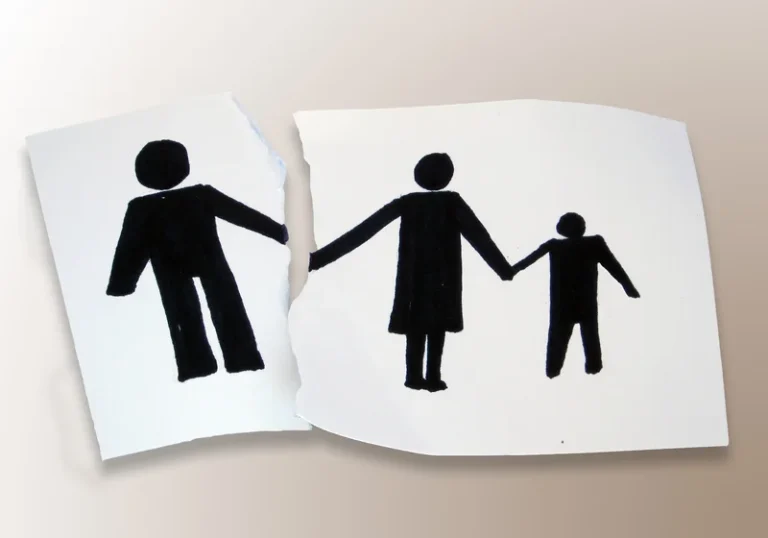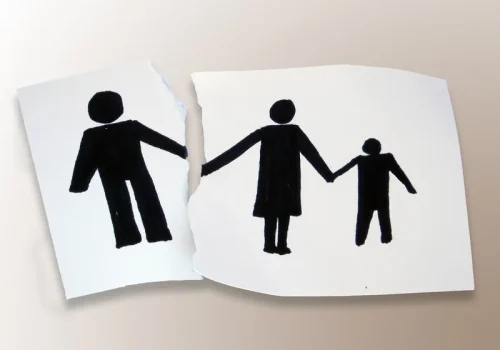Hallucinogen persisting perception disorder: A literature review and three case reports

Such effects induced by the compound have particularly occupied the interests of researchers in recent years, as these hallucinatory experiences are often accompanied by profound antidepressant and antianxiety effects. The evidence of psilocybin’s clinical significance even prompted the U.S. Food and Drug Administration (FDA) to designate the federally illegal compound as a “breakthrough therapy” for treatment-resistant depression (TRD) and major depressive disorder (MDD) in 2018 and 2019, respectively. Also known as psychedelic-assisted psychotherapy (PAP), psychedelic-assisted therapies involve the supervised administration of certain psychedelic drugs to a patient under the guidance of a specialized, licensed psychotherapist or psychiatrist. PAT involves using medically supervised administration of psychedelic drugs in conjunction with psychotherapy to address certain persistent mental health conditions.
Differential diagnosis5 6
These flashbacks are rarely as intense or long lasting as a typical drug-induced trip. Flashbacks are a feeling that you’re reliving an experience from your past. People experiencing these disturbances may be entirely aware of everything else that’s happening. The interruption in your field of vision can be annoying, disturbing, and possibly debilitating. Read on to learn more alcohol rehab about this phenomenon, why it happens, and how a person might experience it.
Why You Should Get Your Medical Marijuana Card
- This latent period could range anywhere from minutes to years1118.
- Certain medications have proven to be highly detrimental when prescribed to certain individuals suffering from HPPD.
- The interruption in your field of vision can be annoying, disturbing, and possibly debilitating.
- Benzodiazepines may be useful and effective in eliminating benign HPPD I and ameliorating, but not completely eradicating, pervasive HPPD II symptoms 18,67.
- Regardless, every perceptual symptom that was experienced during intoxication may re-occur following hallucinogen withdrawal.
The clinical relevance of flashbacks as sequelae of LSD and other biogenic and synthetic hallucinogens needs to be reassessed. In the light of more recent studies, earlier estimates of 5–54% incidence seem exaggerated – a rate of 5% or lower appears more realistic. With the Cochrane Society’s strict criteria for evidence-based medicine as a yardstick, our current knowledge does not allow for any empirical recommendations as to the rational pharmacotherapy of HPPD.

Email Communication and Personal Data
- However, in people with HPPD, symptoms seem typically to be worse, but complication comes from the additional roles played by anxiety and fixation.
- HPPD however has also been reported after cannabis, 3,4- methylenedioxymethamphetamine (MDMA/“ecstasy”), and other novel psychoactive substances (NPS)456789.
- The first case report describes a 23-year old patient with a previous history of cannabis consumption who reported HPDD type I after the use of psilocybin mushrooms with small amounts of alcohol and hash.
- Before the patient’s hospitalization, he reported having an eye exam within normal limits.
- Though the precise pathogenesis of HPPD is still unknown, it may result from the consumption of any substance with hallucinogenic properties, especially those which possess pharmacological and clinical effects similar to those of LSD1.
One theory is that taking hallucinogens changes the way the brain processes visual information, causing it to see things incorrectly or superimpose colors, patterns and images over things that exist in the environment. The alterations in brain activity may be due to shifts in levels of the brain chemical gamma-aminobutyric acid or GABA. A massive problem in the treatment for HPPD is that all prescriptions and methodologies that currently exist are to treat the symptoms that arise as a result of HPPD, rather than treating the underlying root cause; HPPD itself. From Dr. Abraham’s observations, those who do recover from HPPD, do so within 5 years. Research shows that if you live with depression (with or without anxiety), HPPD symptoms may last longer for you and treatment may not hppd symptoms work as well. Focal epilepsy, a condition that affects the nervous system, causing seizures on one half of your brain that lead to hallucinations, flashing bright lights, or other visual changes.

What To Expect During Psychedelic-Assisted Therapy: An All-Inclusive Guide
- Apps for people with dyslexia may also be beneficial for those who have difficulty reading due to HPPD.
- However, HPPD I usually onsets with warning “auras”, minor feelings of self-detachment, mild bewilderment, and mild depersonalization and derealization 17,18.
- All efforts at treatment, psychopharmacological as well as psychotherapeutic, failed to alleviate the symptoms.
- An electrocardiogram (ECG) was also performed to rule out cardiovascular etiologies.
The way the flashbacks in HPPD affect a person’s vision can be frustrating and may cause anxiety. It’s important to understand that your doctor’s primary concern will be helping you address and treat your symptoms. The number of people with HPPD is low, and it’s more often diagnosed in those with a history of previous psychological issues or substance use. However, it can arise in anyone, even after a single exposure to triggering drugs. It’s unclear how many people experience this condition because people with a history of recreational drug use may not feel comfortable admitting this to their doctor. The therapeutic guide is present during either much or all of the session to help the patient remain open and attentive to these emotional and experiential elements of the drug’s effects.

4. Mental Illnesses Comorbid with HPPD

These individuals do not relive any other aspects of the feeling of being on drugs. It also discusses how a person experiencing HPPD can manage their condition. Because the visual episodes of HPPD can be unpredictable, you may want to prepare yourself with techniques for handling the symptoms when they do happen. For example, you may need to rest and use calming breathing techniques if these episodes cause you significant anxiety. If your doctor suspects another possible cause, such as side effects of a medication, they may request blood tests or imaging tests. These tests can help them eliminate other possible causes of your symptoms.

Hallucinogen Persisting Perception Disorder (HPPD)
Professional Reference articles are designed for health professionals to use. They are written by UK doctors and based on research evidence, UK and European Guidelines. People may need to try different medications to find the one that works best for controlling symptoms or take more than one medication to get relief. Even if drug use occurred a decade or more in the past, it might be that HPPD is the cause of the problem. Your doctor may give you an electroencephalogram (EEG) test, to look at your brain’s electrical activity. When you have one, the vision or experience of a past event springs into your mind suddenly.
Sorry, the comment form is closed at this time.
